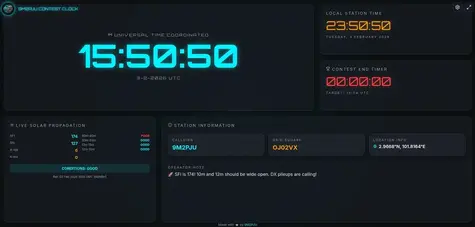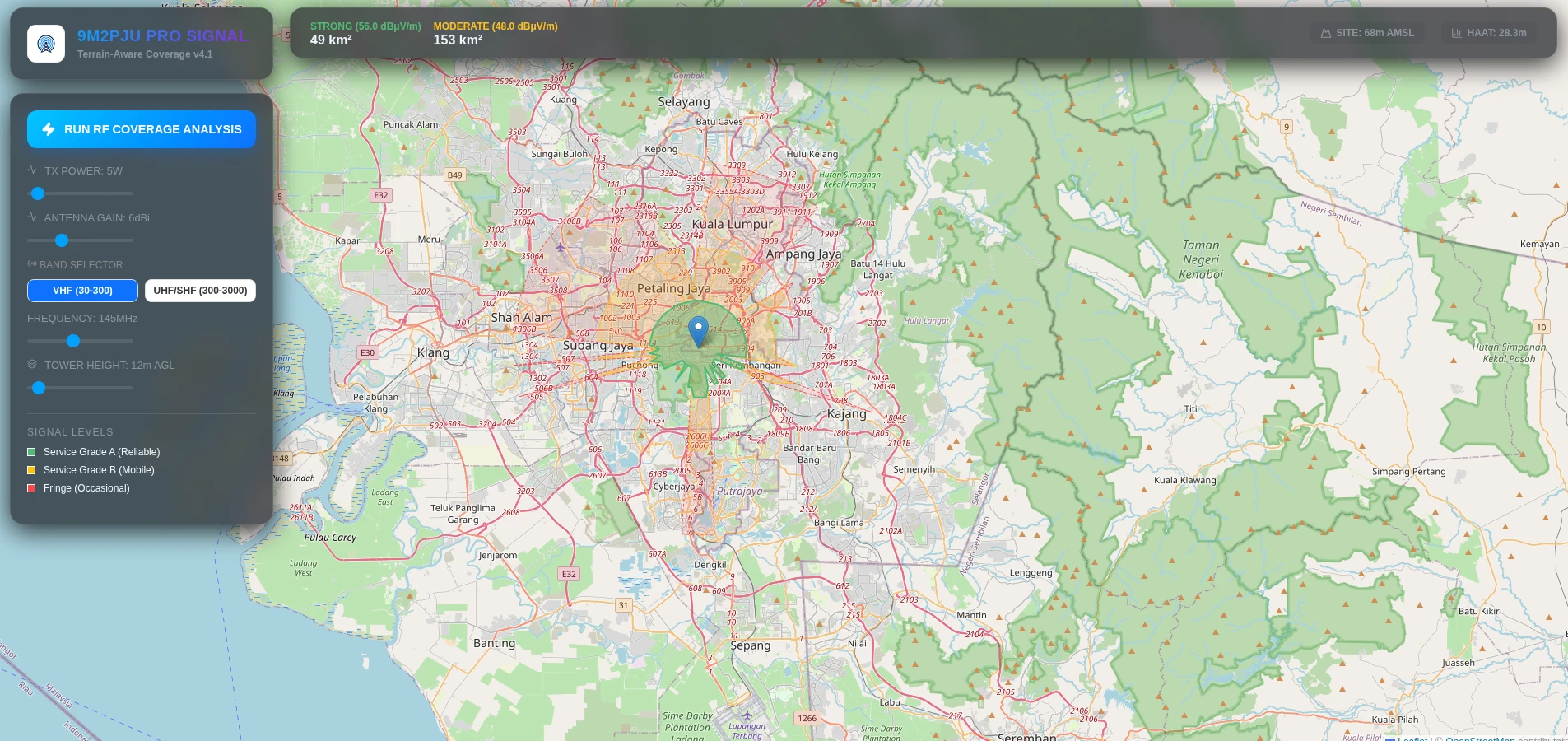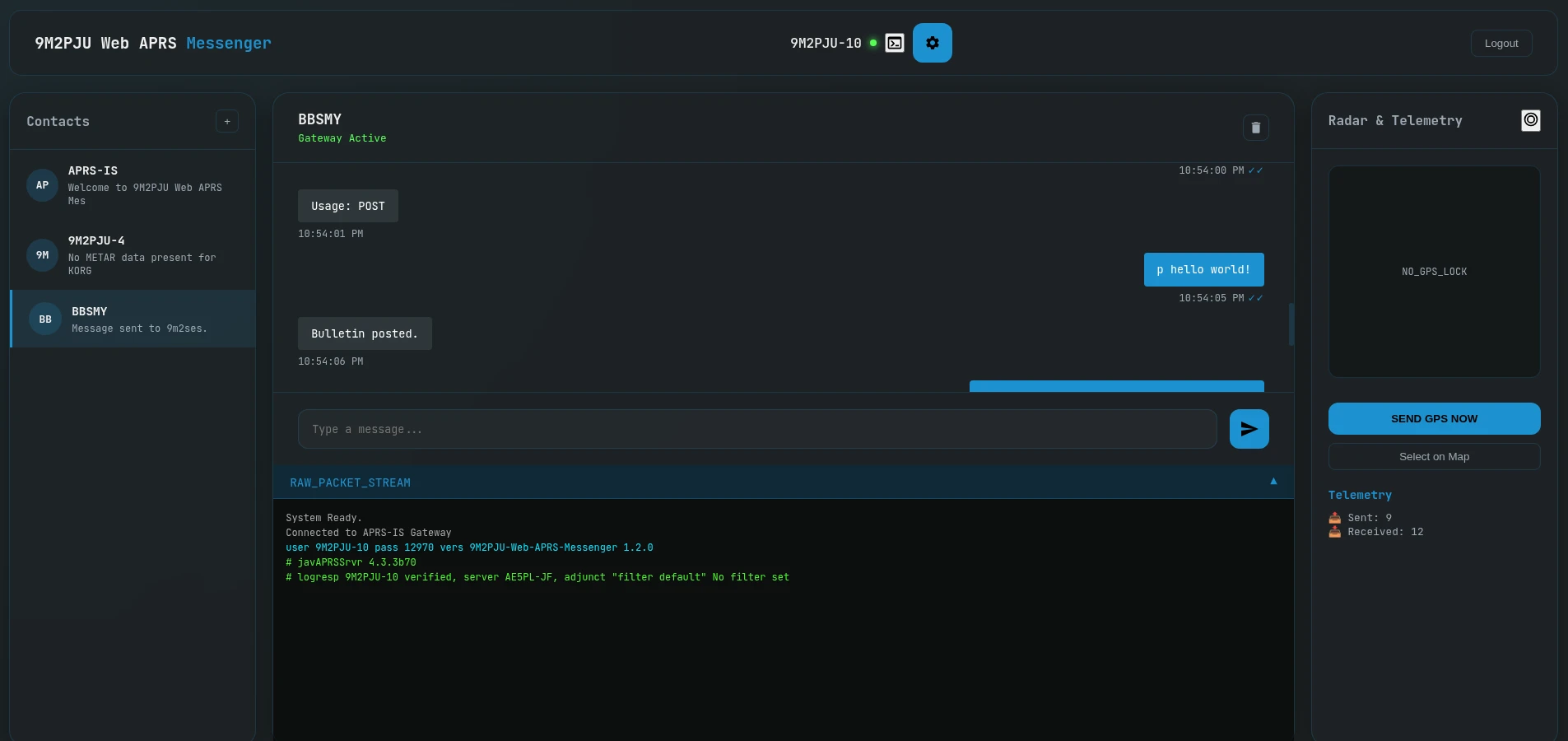amateur radio
education
free open source software
online
self hosted
training
AmateurRadio, belajaronline, educationplatform, elearning, hamcertification, hamoperator, hamradio, latihanradio, lms, moodle, moodlecloud, moodlemalaysia, moodletutorial, onlinelearning, opensource, opensourcependidikan, pendidikanham, RadioClub, radioscience, radiotraining
9M2PJU
0 Comments
Using Moodle for Amateur Radio Training: Empowering Learning with Open Source Tools
Moodle, the world’s most widely used open-source Learning Management System (LMS), is an incredibly versatile platform designed to empower educators and learners with flexible, secure, and scalable online learning environments. Trusted by thousands of universities, schools, companies, and independent educators globally, Moodle is not only free to use, but it also offers a robust feature set that makes it perfect for delivering training and courses in nearly any subject area—including amateur radio.
🎙️ Why Moodle is Ideal for Amateur Radio Training
Whether you’re running a local amateur radio club, organizing national-level certification programs, or simply looking to educate newcomers about the art and science of ham radio, Moodle offers a compelling solution. Here’s why:
✅ Advantages of Moodle for Amateur Radio Education
1. Free and Open Source
Moodle is completely free to use and licensed under the GNU GPL v3. This means your amateur radio group or non-profit club can set up a learning platform without licensing costs. Being open source also means it can be customized to fit specific training needs.
2. Self-Hosted or Cloud-Based
You can host Moodle on your own web server for full control, or use MoodleCloud or one of their official partners to host it for you. This flexibility is great for amateur radio organizations of any size—from grassroots community groups to national associations.
3. Interactive Course Content
You can upload training materials, including PDFs, slides, videos, and quizzes. This makes it easy to share tutorials on radio operation, electronics basics, antenna design, emergency protocols, and more.
4. Built-In Assessment Tools
Moodle includes powerful assessment tools like quizzes, assignments, and question banks. You can use these to simulate exam conditions or help learners prepare for licensing tests (like the FCC Technician Class in the US or MCMC in Malaysia).
5. Forums and Messaging
Engage students with built-in forums for Q&A, discussions on propagation conditions, or antenna experiments. Private messaging enables direct communication between instructors and learners.
6. Progress Tracking and Certification
Learners can track their own progress and receive badges or downloadable certificates upon course completion—ideal for confirming completion of pre-license or advanced modules.
7. Multi-Language Support
Moodle supports dozens of languages, making it easy to run bilingual or multilingual courses for diverse radio communities.
8. Mobile Friendly
Through the official Moodle mobile app, learners can access course material from the field—even while operating portable or mobile radio setups.
📡 How You Can Use Moodle in an Amateur Radio Setting
- License Preparation: Organize Technician, General, or Extra class study courses.
- Electronics Basics: Help new hams understand circuits, components, and schematics.
- Antenna Design: Share interactive tutorials and simulations on dipoles, loops, and Yagis.
- Emergency Comms: Train ARES/RACES or CERT members in protocols and procedures.
- Logging & Operating: Teach proper log keeping, DX etiquette, or digital mode setups.
- Club Onboarding: Use Moodle to onboard new club members with self-paced orientation courses.
🌍 Community and Collaboration
Moodle also has a vibrant global community. From moodle.org, you can find additional plugins, support forums, and even join developer discussions. If you’re a tech-savvy ham, you could even build custom modules specifically for amateur radio needs.
And if you want to take things further, MoodleMoot conferences offer a space to connect with educators and technologists who are shaping the future of online learning.
📦 Getting Started
- Visit moodle.org to download or sign up for MoodleCloud.
- Set up a course for your club or region.
- Add your study guides, practice exams, and media.
- Invite your learners—and you’re ready to go on the air with education!
Moodle gives amateur radio communities the power to teach, learn, and grow together using modern, open tools. Whether you’re getting someone ready for their first QSO or training a team of emergency operators, Moodle is the platform that lets you focus on the message.







Post Comment